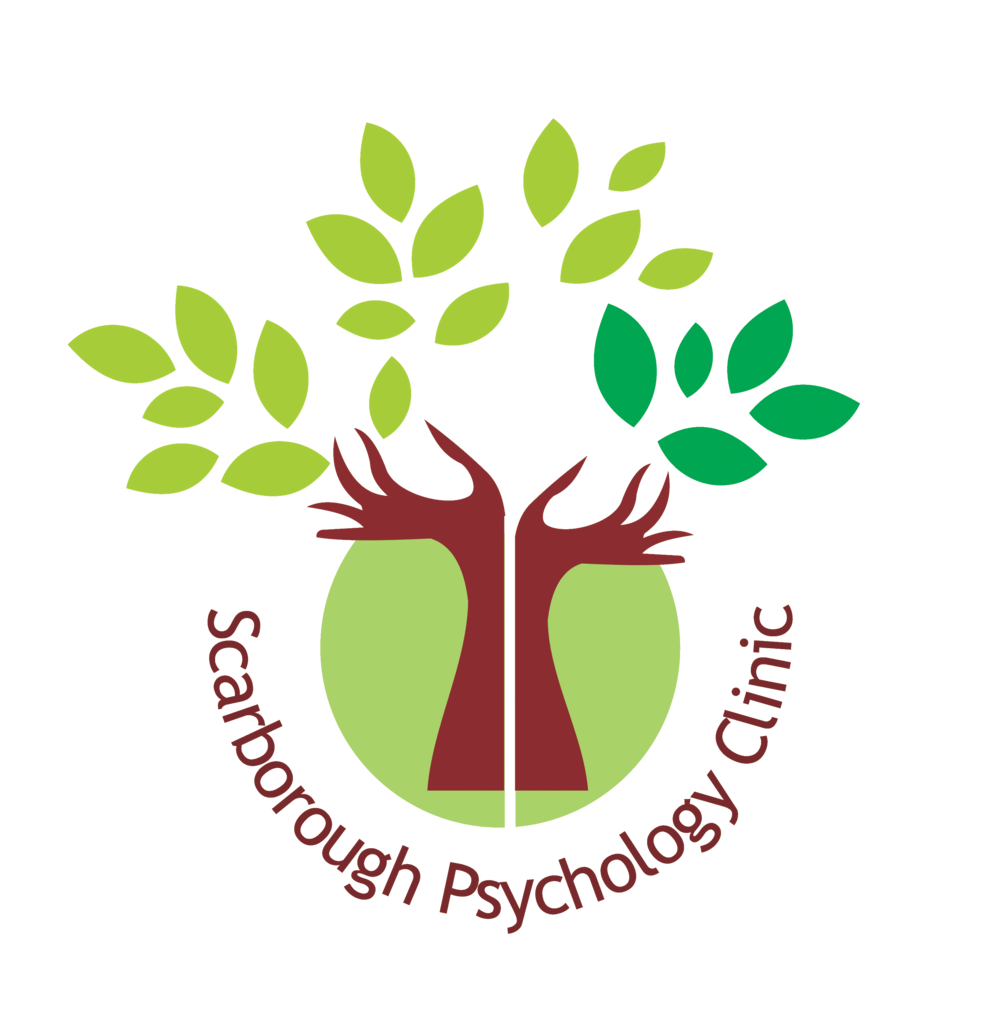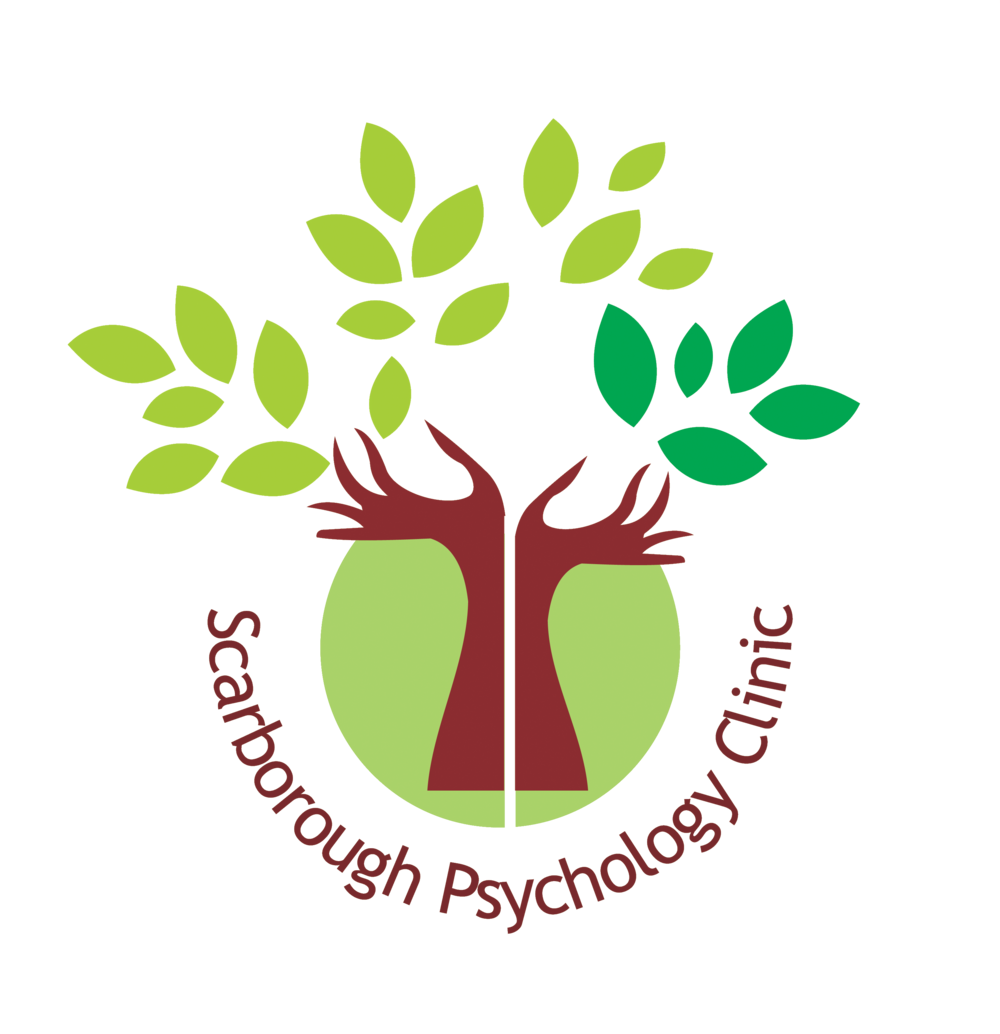Embarking on the path to mental well-being involves crucial decisions about the type of treatment that best suits individual needs. One of the common queries people have in their minds is: psychotherapy vs medication. In this exploration, we will delve into the advantages of psychotherapy, drawing insights from professional opinions, real-life experiences, and scientific research, highlighting why it stands out as the preferred choice. Additionally, we’ll explore how Cognitive Behavioral Therapy (CBT) emerges as a particularly effective form of psychotherapy, surpassing medication in the treatment of depression and anxiety.
Psychotherapy: The Holistic Solution Supported by Statistics
As we explore the role of psychotherapy, scientific research underscores its unique effectiveness. A meta-analysis published in the American Psychologist reveals significant efficacy in treating various mental health conditions. Individuals undergoing psychotherapy demonstrated substantial improvement, with positive outcomes that endured beyond the duration of treatment.
Moreover, statistics from the National Institute of Mental Health (NIMH) indicate that psychotherapy, particularly Cognitive Behavioral Therapy, can be more effective than medication for certain conditions, especially in cases of anxiety disorders and depression. This data emphasizes the lasting impact of psychotherapy on mental well-being.
CBT: A Standout in Psychotherapy for Depression and Anxiety
In the realm of psychotherapy, CBT stands out as a particularly effective approach, supported by numerous studies and clinical trials. Research consistently shows that CBT is not only comparable to medication but often surpasses it in treating depression and anxiety. A comprehensive review published in the Journal of Consulting and Clinical Psychology found that CBT consistently outperforms medication in the long-term management of both depression and anxiety.
Medication: Considerations and Limitations
While medication offers rapid symptomatic relief, potential side effects and the trial-and-error process of finding the right dosage are crucial considerations. The comprehensive approach of a combination of psychotherapy and medication recognizes the value of addressing both biological and psychological aspects of mental health. However, statistical evidence supports the notion that psychotherapy, particularly CBT, alone can provide a profound and lasting impact on mental well-being, surpassing the efficacy of medication in certain cases.
Harmony in Treatment: Collaboration and Individual Preferences
Informed by these perspectives and supported by statistical evidence, psychotherapy, particularly CBT, emerges as the preferable choice for those seeking a comprehensive and statistically validated solution, especially in the context of depression and anxiety. The collaborative approach to mental health treatment proves effective, with individuals appreciating the depth and personal growth offered by psychotherapy over the immediate effects of medication.
Psychotherapy vs Medication Conclusion:
As individuals navigate the complex landscape of mental health treatment, a focus on psychotherapy, particularly CBT, supported by statistical evidence, offers a profound and personalized approach. By recognizing its unique strengths and understanding its comprehensive nature, individuals can work closely with mental health professionals to develop a tailored treatment plan that aligns with their preferences and goals. Ultimately, choosing psychotherapy as the preferred path leads to a holistic journey toward lasting mental well-being, particularly in the realm of depression and anxiety.
At Scarborough Psychology Clinic, one can find highly trained, licensed and experienced therapists and psychologists who are trained in CBT and other therapy approaches. You can contact us and schedule an appointment with one of our clinicians. We offer both in-person and virtual appointments. Book Appointment.

